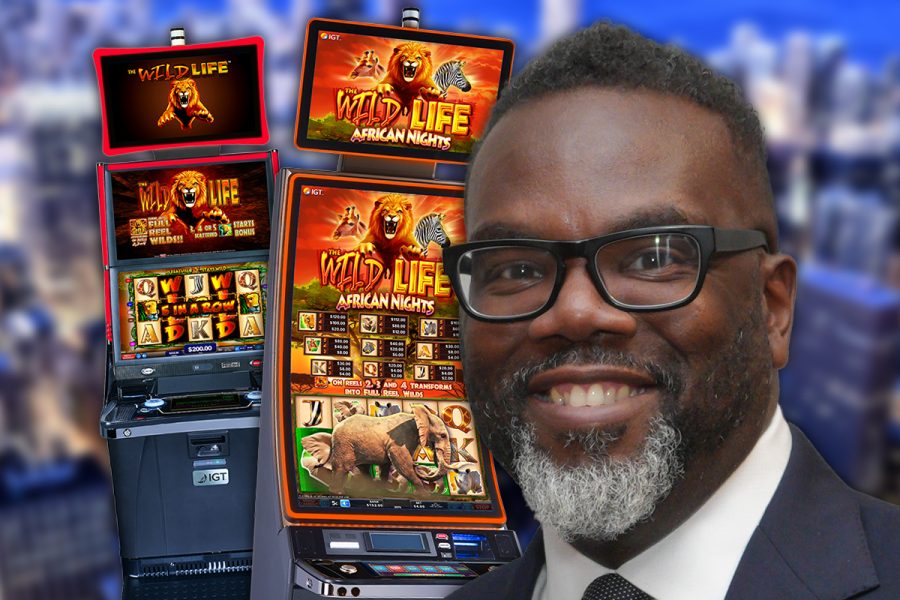Chicago mayor loses big as committee votes to overturn video terminal ban
Despite being strongly against introducing video terminals for gambling purposes into Chicago, the mayor, Brandon Johnson, has failed to convince… Continue reading Chicago mayor loses big as committee votes to overturn video terminal ban The post Chicago mayor loses...


Despite being strongly against introducing video terminals for gambling purposes into Chicago, the mayor, Brandon Johnson, has failed to convince a committee not to overturn the law. Video terminals, or referred to as “video gaming” by some involved in the hearing, can be virtual slots, poker, or other interactive gambling games.
Anthony Beale, mayoral critic and the City Council dean, has said it’ll effectively be a “sin tax”. He claims that it could bring in $60 to $100 million per year to the state if the gambling machines were allowed to populate locations. Speaking with Crain’s Chicago Business paper, Beale said:
“It’s better… than to hit people with property taxes, fines, and fees. Speed camera tickets and things like that. This is something that a person has to opt into; they have to want to go.”
Public and businesses comment on the Chicago video terminal ban
While some businesses and officials opposed the idea, there were those who sat on the side of approval. During a 30-minute public comment session, constituents and representatives were limited to three minutes to make their case. Sam Toia, who represents the Illinois Restaurant Association, backed the move to introduce video terminals:
“It is a proven revenue generator. As a matter of fact, we are in favor of all legalised electronic devices.”
He claims that introducing these machines into the industry would flush brick-and-mortar stores with another potential revenue stream. This comes at a time when the restaurant industry is on its back foot, post-pandemic, and amid the ongoing cost-of-living crisis.
One speaker, who is against the ordinance, said that he’d only back it if the city owned the machines being introduced. His reasoning was that if the city owned them, it’d ensure that all the revenue would go to the city and give an influx to public services.
The Managing Director for the Hospitality Business Association of Chicago, Pat Doerr, also spoke. He points out that licenses to open bars have dropped since 2020, and have significantly dropped since 2012. Doerr’s main point was to ensure that “taverns”, as described by the law, aren’t excluded from the initiative.
The director stated that introducing these machines into venues won’t affect established gambling businesses like the casino, which Doerr uses as an example of how inner city businesses are relying on their success to “shore up” various costs.
Johnson is reportedly not interested in supporting the idea, unless the city were to receive more from taxation. Currently, Chicago has not changed anything on this level.
Featured image: Wikicommons, IGT
The post Chicago mayor loses big as committee votes to overturn video terminal ban appeared first on ReadWrite.

 AbJimroe
AbJimroe 
































